This conversation is in partnership with Stress Health, an initiative of the Center for Youth Wellness. All opinions are my own.
I don’t think that there are any of us that fail to understand that childhood is a very fragile time. Yes, people do grow up, memories fade and newfound maturity helps us understand incidents that may have hurt us as children. But those formidable years are so important. The years teach us how life can impact us and how to deal with things that come up. Our first broken heart can heal with time, or the loss of a beloved grandparent can be understood better as we age. However, toxic stress, which can lead to Adverse Childhood Experiences, can undermine a person their whole life.
Research shows parents can be the most powerful force in preventing or even reversing the impact of toxic stress in their children.
Take me, for example. My first eight years were tumultuous at best, finally ending with an adoption at 8. While the rest of my life has been pretty awesome, with lots of benefits and love, I still feel the impact of those first 8 years. Like the scars on my body from the abuse, my psyche holds onto the emotional trauma, refusing to let me grow past it with ease.
I see it in every aspect of my life. Relationships are difficult because my fierce independence, born from always wanting to be away from the house to avoid abuse, drives my desire to always run. Staying disciplined with food is an issue because my brain says ‘starving’ even though my belly has not been empty for years. Being able to step away from work and realize I have ‘earned enough’ is hard because I never want to go back to a life where we didn’t even have pennies. The impact of those Adverse Childhood Experiences (ACEs) still resonate at 45.
Kids who are exposed to very high doses of adversity without the support of a loving and caring adults can have more than double the lifetime risk of heart disease and cancer and a nearly 20-year difference in life expectancy. They’re also at greater risk for depression, obesity, substance abuse problems, smoking, lung problems, and teen pregnancy, along with other chronic illnesses down the road.
Luckily, in this day and age, we have resources and help that can guide us as we deal with it all. The Center For Youth Wellness and its Stress Health resources are aimed at supporting families and individuals dealing with adversity and toxic stress from childhood through adulthood.
Learn the signs of Toxic Stress, how to help a child and more!
Watch this video to learn more about ACEs:
The question becomes, then, as I raise my three daughters, are my adverse childhood experiences affecting my motherhood?
Parents who suffered severe emotional distress in childhood are also more likely to have children who have developmental delays and behavioral problems.
The Center For Youth Wellness has done extensive research on the effect of ACEs as people go through life. Everything from emotional health to nutrition can be affected by ACEs such as divorce, abuse and neglect.
Want to see your or your child’s ACE score? Take the ACE Quiz.
With my children, I have to be very aware that my own issues, like my lack of trust, my fear of loss and my sometimes damaging independence, don’t cause me to raise kids to have the same issues. With that in mind, I also have to be there for them as they deal with their own trauma: Divorce.
Sure, they were young but I already see the effects of this traumatic event in their lives. My oldest daughter is a bit of a control freak, wanting to make sure everything goes as planned so there are no surprises. My middle daughter won’t let anything go. Clothing toys, broken items… she holds onto them all. My younger daughter, who was not even two when it happened, has the least apparent effects. But since I was so preoccupied for a year or more dealing with the changing family, I see her reaching out for attention now as if she is starved for it.
It is not only my job as a parents to understand how my own childhood toxic stress affects the way I parent, but to also be there for my kids as they grow and cope with their own stress. This is not only for their emotional well-being, but for their physical well-being too.
Check out all of the resources and JOIN THE MOVEMENT to help us not only deal with our own issues, but to help the almost 50% of kids in America who have adverse childhood experiences.
I am really glad that I was introduced to StressHealth.org. Take a moment to see how it could benefit you and your family!



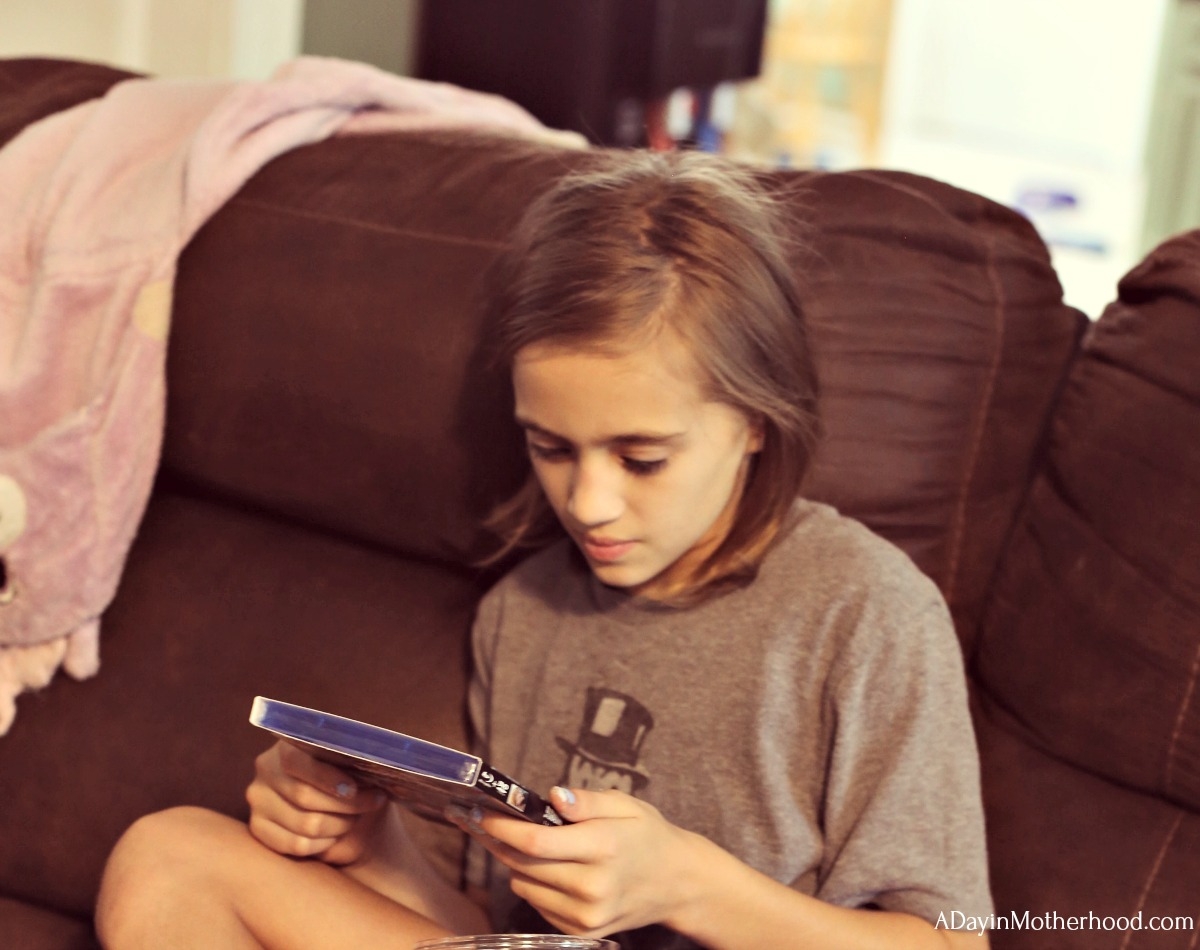
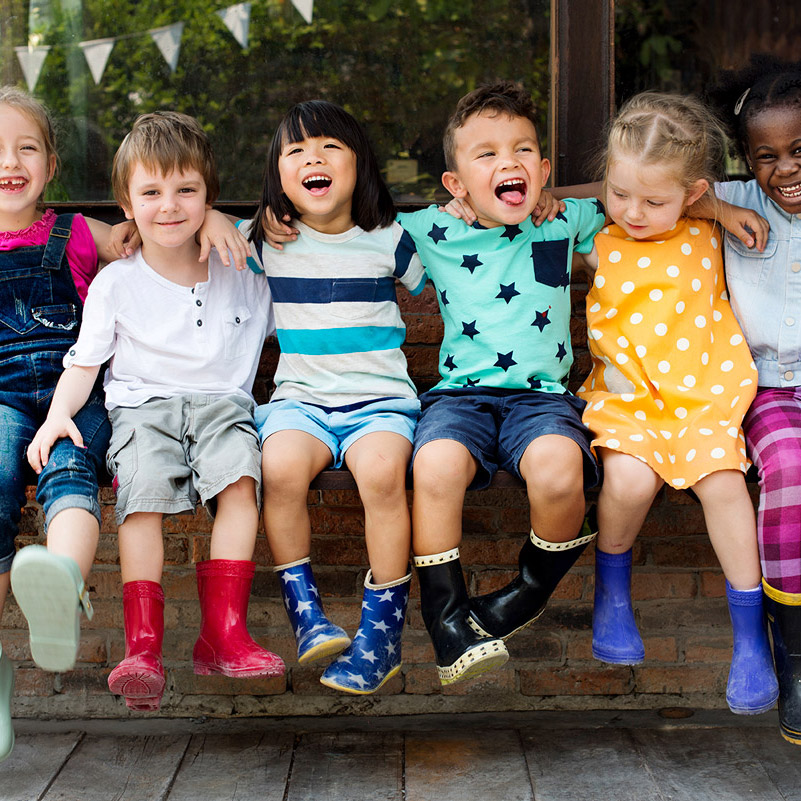

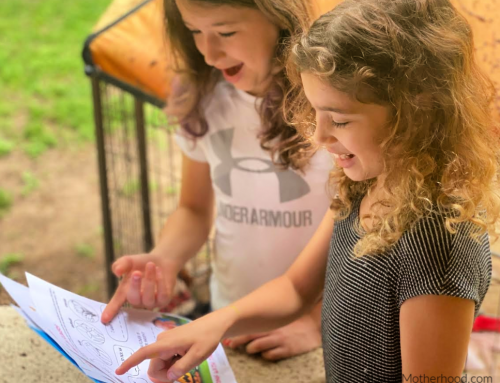

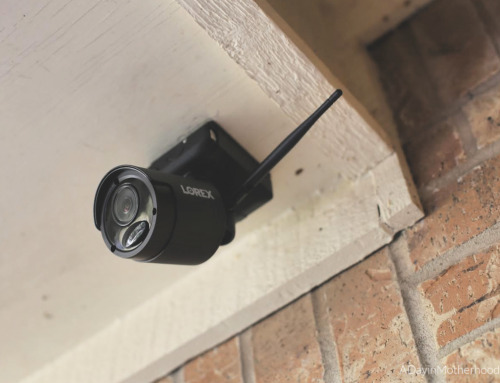
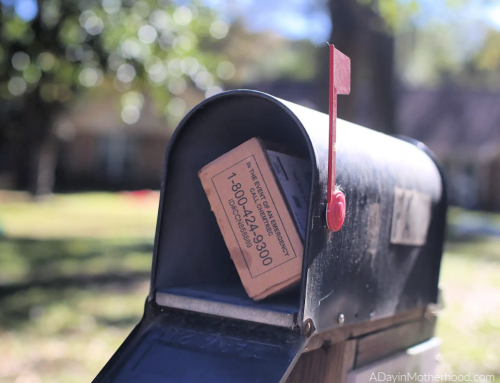

Leave A Comment